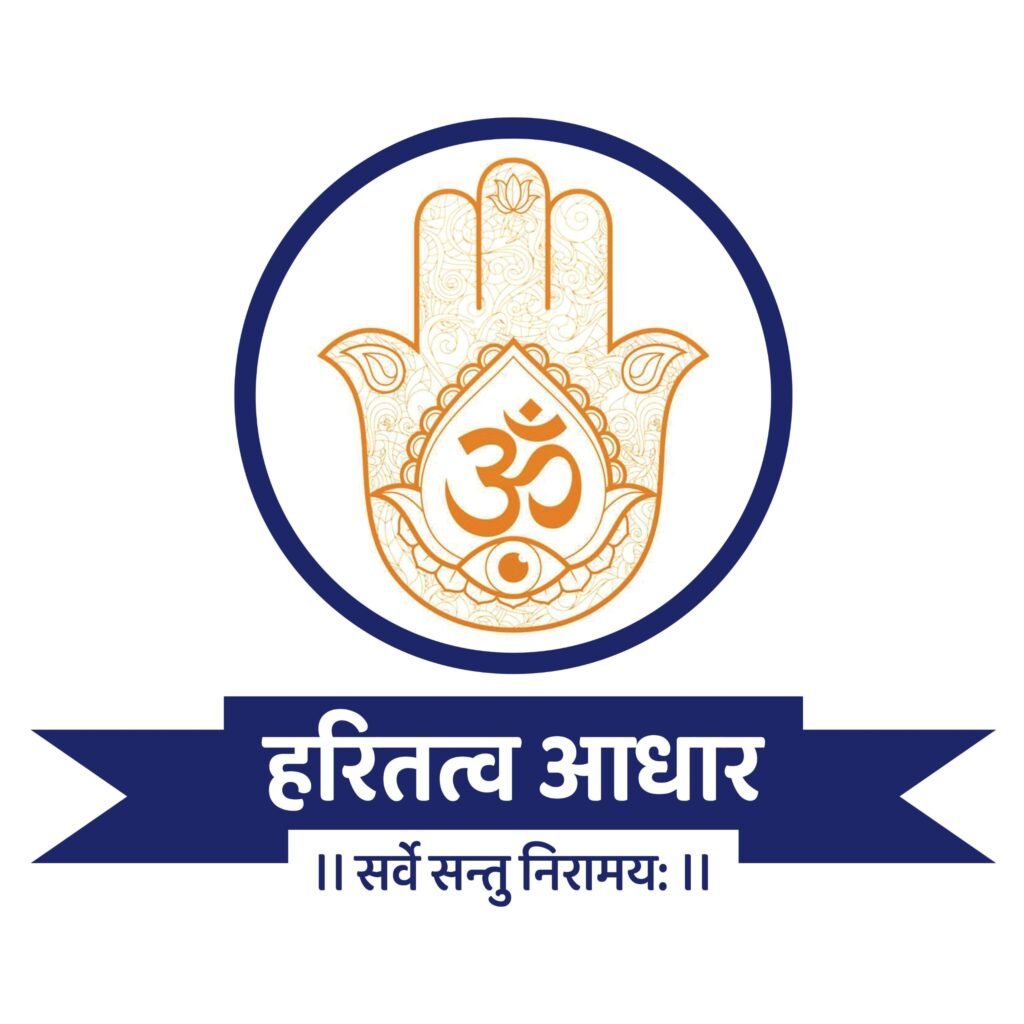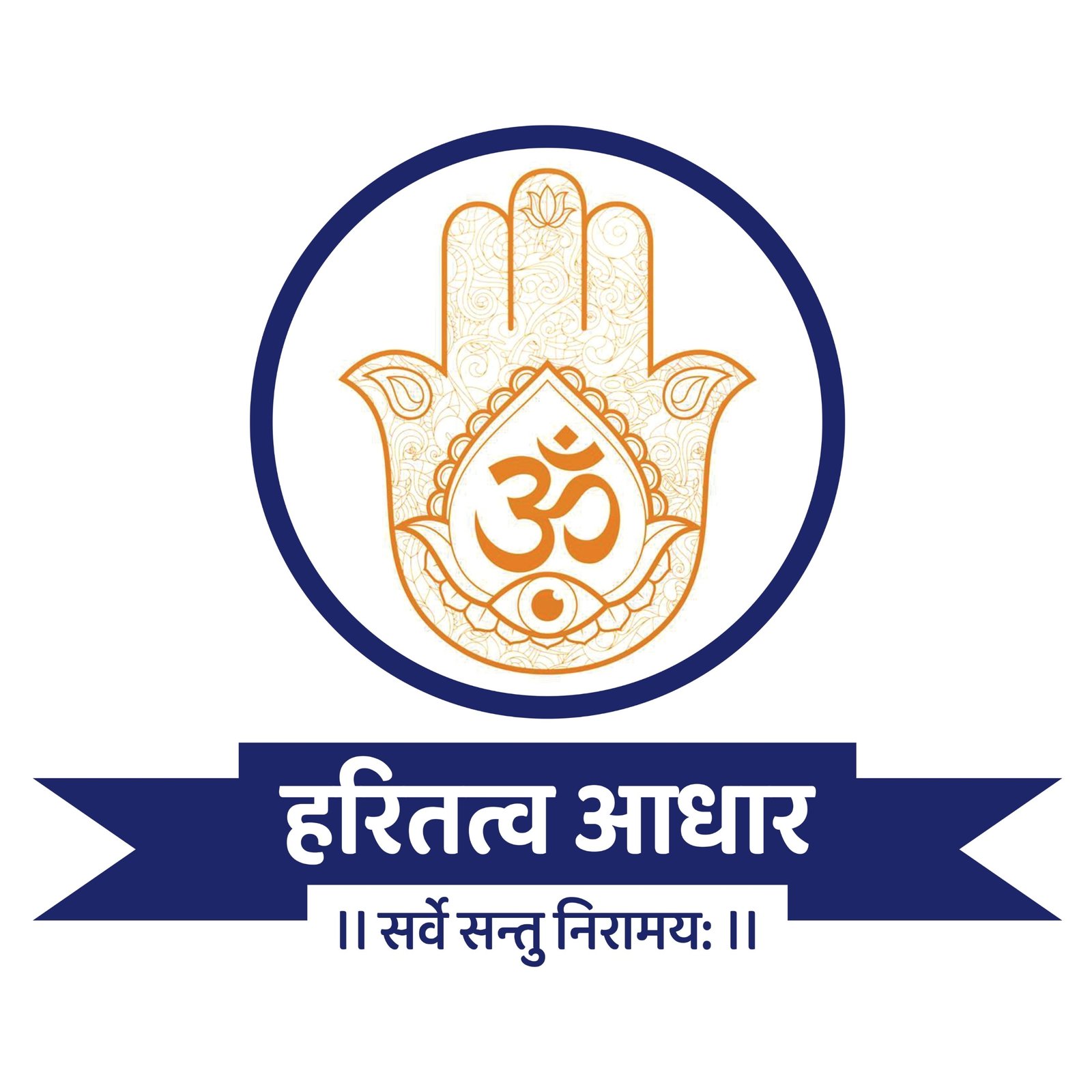Aadhar Multispeciality hospital
Patient's Rights And Responsibilities
Patients have certain rights and responsibilities that are essential for their well-being and the smooth functioning of healthcare services. These rights include:
Rights:
1. To be informed and educated in a language that you understand.
2. To receive medical advice and treatment that meets accepted standards of care and quality.
3. To receive a clear description of your medical condition and estimated treatment costs, and to be involved in decisions about your care.
4. To have your privacy, dignity, religious, and cultural beliefs respected, and to keep your medical condition confidential.
5. To know about your care providers and have access to your clinical records.
6. To refuse treatment and seek additional opinions regarding clinical care.
7. To be protected from physical abuse and neglect and to have a safe environment for you and your relatives.
8. To make suggestions, voice complaints, and expect appropriate action.
9. To provide complete and accurate information about your health and adhere to hospital rules and regulations.
10. To communicate with healthcare providers about any changes in your health condition or treatment expectations.
11. To promptly pay bills for services availed and respect the prioritization of patients based on urgency and need.
12. To follow prescribed treatment plans and accept adaptations for a safe hospital stay.
13. To accept measures taken by the hospital to ensure personal privacy and confidentiality of medical records.
14. Not to take medications without the knowledge of doctors and healthcare professionals.
15. To understand the charter of rights and responsibilities and seek clarifications if needed.
Responsibilities:
1. Provide complete and accurate information about your health and personal details.
2. Ask questions when you do not understand diagnosis or treatment and adhere to prescribed treatments.
3. Abide by hospital rules, including no-smoking and visitor policies.
4. Treat hospital staff, patients, and visitors with courtesy and respect.
5. Be on time for appointments and inform in advance about cancellations or rescheduling.
6. Not self-medicate or prescribe medications to others.
7. Provide accurate information for insurance claims.
8. Comply with treatment plans and instructions given.
9. Accept adaptations for a safe hospital stay.
10. Respect the privacy and confidentiality of other patients’ medical records.
11. Not take medications without healthcare professionals’ knowledge.
12. Understand and adhere to the charter of rights and responsibilities.
These rights and responsibilities ensure a mutually beneficial relationship between patients and healthcare providers, promoting effective and respectful healthcare delivery.
Visiting Policy
When visiting a patient in the hospital, it’s important to adhere to certain guidelines to ensure the safety and well-being of both the patient and other individuals in the healthcare facility. Here are some important points to keep in mind:
1. Always ask for permission before visiting the patient, and respect their wishes regarding visitors.
2. If you’re suffering from any contagious illness, it’s best to avoid visiting the patient until you’re no longer contagious to prevent the spread of infection.
3. Prior to interacting with the patient, wash your hands thoroughly with soap and water or use hand sanitizer to reduce the risk of transmitting germs.
4. Keep your phone on silent mode while in the patient’s presence to maintain a peaceful environment.
5. Wear a mask at all times when visiting the patient to prevent the spread of respiratory droplets.
6. If a doctor or healthcare provider arrives to examine or speak to the patient, respectfully leave the room to allow for privacy and uninterrupted care.
7. Generally, only one attendant may be permitted to stay with the patient, depending on the patient’s age and medical needs. Follow the hospital’s guidelines in this regard.
8. Children below 13 years old are usually not permitted to visit patients to ensure their safety and prevent disruptions in the hospital environment.
9. In waiting areas, restrict visitors to one person at a time to avoid overcrowding and maintain social distancing protocols.
10. During times of COVID-19 or other infectious disease outbreaks, there may be restrictions on visiting patients for safety reasons. Follow the hospital’s guidelines and cooperate to keep everyone safe.
11. Keep your visit with the patient short to allow for rest and recovery.
12. Hospital provides well-balanced meals as per the dietician’s guidelines, so avoid bringing outside food or fruits into the hospital for patients.
13. If bringing coconut water, ensure it’s carried in a bottle or glass to avoid issues with disposal of coconut shells.
14. Refrain from taking photographs or videos on the hospital premises to respect patient privacy and maintain confidentiality.
By following these guidelines, you can contribute to a safe and supportive environment for patients during their hospital stay.
Visiting Timing
Visiting Hours (ICU)
Evening: 5.30 PM to 6.30 PM
Visiting Hours (Ward)
List Of Insurance Companies (For Mediclaim Facility)
We are proud to be empaneled with all major health insurance companies and Third Party Administrators (TPAs), reflecting our commitment to providing accessible healthcare services to all. Our long-standing partnerships with these esteemed organizations ensure that patients covered by health insurance receive seamless and hassle-free access to quality medical care.
Our dedicated TPA desk is equipped to handle all aspects of cashless hospitalization for patients with Mediclaim coverage. We strive to streamline the process, making it convenient for patients to avail themselves of our services without financial burden or inconvenience.
Here are some of the prominent health insurance companies and TPAs we are associated with:
– STAR HEALTH
– ICICI LOMBARD
– HDFC ERGO GENERAL INSURANCE
– HDFC ERGO HEALTH INSURANCE
– ADITYA BIRLA HEALTH INSURANCE
– UNIVERSAL SOMPO GENERAL INSURANCE
– RELIANCE GENERAL INSURANCE
– RELIANCE HEALTH INSURANCE
– BAJAJ ALLIANZ GENERAL INSURANCE
– FUTURE GENERALI INDIA INSURANCE
– CHOLAMANDLAM MS GEN. INSURANCE
– VIDAL HEALTH INSURANCE
– HEALTH INDIA INSURANCE TPA
– VIPUL MEDCORP
– ERICSON TPA
– EAST-WEST ASSIST TPA
– MEDI-ASSIST
– GO DIGIT GENERAL INSURANCE
– SBI GENERAL INSURANCE
Our collaboration with these leading insurance providers underscores our commitment to delivering accessible and comprehensive healthcare services to our patients.
Terms & Conditions For Cashless Facility
Here are some important points regarding the hospital’s cashless treatment process:
1. A non-refundable fee of Rs 500/- is charged for processing cashless treatment, covering various administrative expenses.
2. Required documents such as insurance card, policy papers, Aadhaar card, etc., should be provided within 4 hours of admission for cashless admission processing.
3. Cashless facility is available for hospitalizations exceeding 24 hours as per IRDAI regulations.
4. Patients should provide accurate information about their medical history during admission, as changes cannot be made once recorded.
5. Approval for cashless hospitalization is subject to the policy terms and conditions of the insurance company/TPA.
6. The insurance company/TPA may take up to 24 hours to respond to a cashless authorization request, and further documents or clarifications may be required.
7. A deposit is collected from every patient, even in cases of planned admission with pre-authorization. This deposit is refunded based on the settlement of the claim.
8. Cashless packages cover expenses from admission to discharge, excluding pre-admission and post-discharge expenses.
9. Additional charges may apply for services not covered in the cashless package, such as higher category room charges, certain procedures, non-medical expenses, etc.
10. Discharge is contingent upon receiving final sanction from the insurance company, which may sometimes cause delays.
11. Original documents are submitted to the insurance company for claim settlement, and refunds are issued by cheque to the patient’s name after necessary deductions.
12. Claim settlement by insurance companies typically takes 45-60 days.
13. Cashless claims can be declined at any stage of hospitalization, and patients are responsible for paying the full bill amount in such cases.
14. The hospital has a dedicated team to handle cashless facility queries and information needs, available at the Hospital Mediclaim Department.

